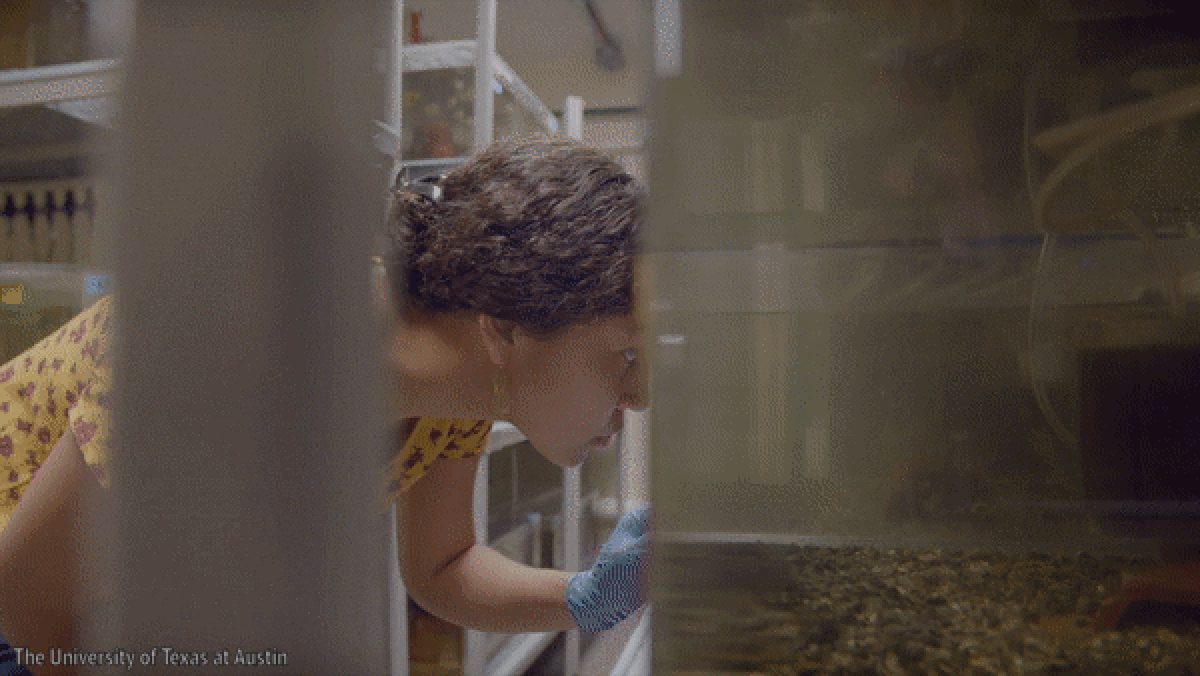Research

Amherst College: The neuroscience of social decision-making in fighting fish
The fighting fish
Betta splendens, long studied for its aggressive territorial competitions, has the potential to be a scientific model system for studying the intersection of cognitive ecology and social neuroscience. Yet, few researchers have assessed the neural mechanisms underlying their dramatic territorial displays. The Wallace lab uses behavioral testing and imaging of immunohistochemically labeled neural tissue to understand how the brain shapes (and is shaped by) aggressive competitions.
Emory University: Early life social complexity shapes adult neural processing in the communal spiny mouse Acomys cahirinus
Early life social rearing has profound consequences on offspring behavior and resilience. Yet most studies examining early life development in rodents use species whose young are born immobile and do not produce complex social behavior until later in development. Addiitonally, current models typically study social deprivation rather than the increased social complexity. In her postdoctoral research Dr. Wallace manipulated early life social complexity in the spiny mouse
Acomys cahirinus. She found that early life social experience did not influence adult behavior, but it did influence social processing: lateral septal neural responses toward a novel conspecific and hypothalamic neural responses toward a novel mixed-sex group differed in animals raised in socially complex and socially simple environments. Her work suggests that while communal species may exhibit robust behavioral resilience to the early life experiences, these experiences can affect how novel social information is processed in the brain during adulthood.
University of Texas at Austin: Assessing cognitive variation by sex and dominance status in Gambusia affinis and Astatotilapia burtoni
During her doctoral research Dr. Wallace assessed male
Astatotilapia burtoni, an African cichlid fish known for its dynamic social dominance hierarchies, in a set of cognitive tasks both before and after a community perturbation in which some individuals ascended in dominance status to become territorial. Dr. Wallace discovered that ascending males changed their physiology and novel object recognition preference during the perturbation, and they subsequently differed in social competence from subordinate individuals. Additionally, Dr. Wallace identified specific cognitive and physiological attributes that appeared to predispose certain individuals to ascend in social status. These previously undiscovered relationships between social ascent and cognition emphasized the broad influence of social dominance on animal decision-making.
Home
